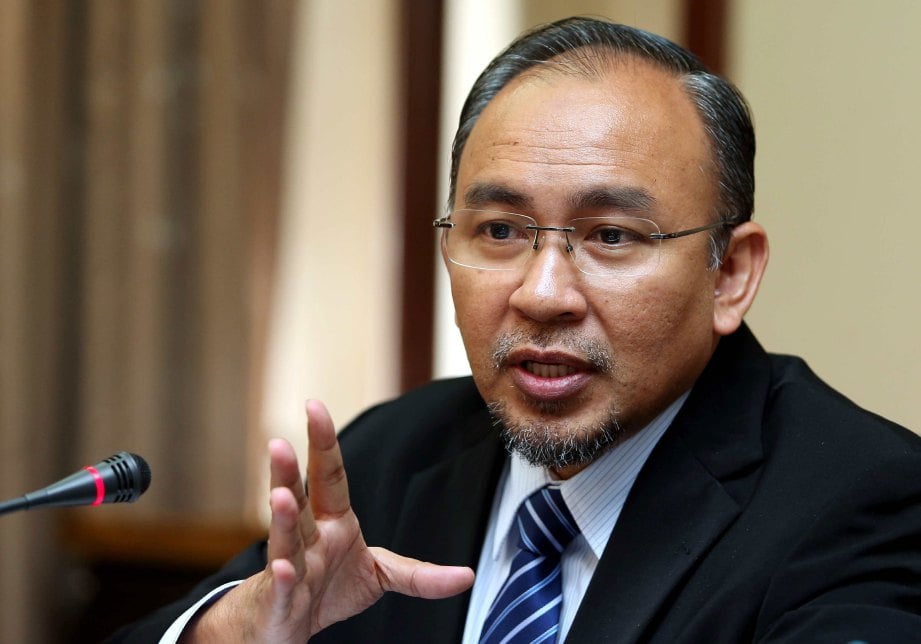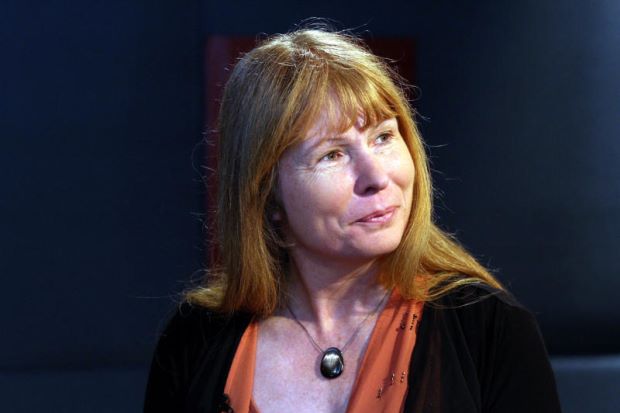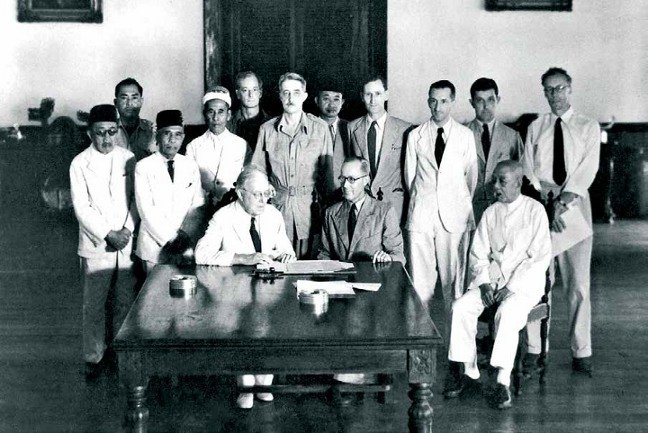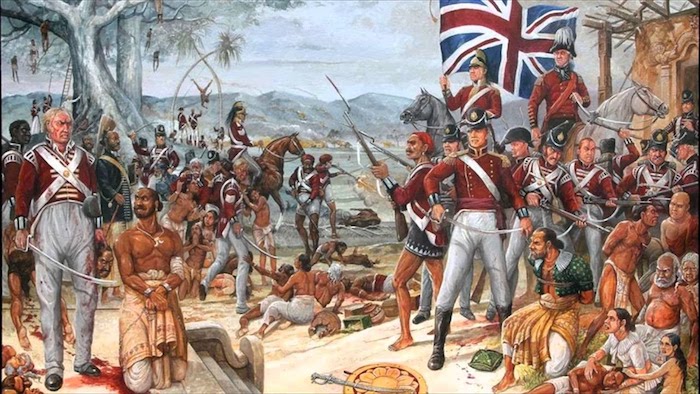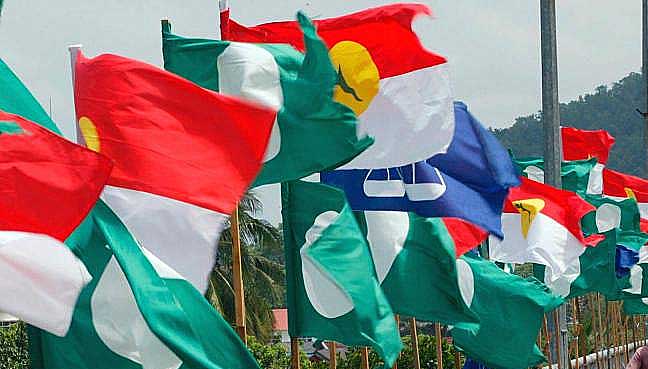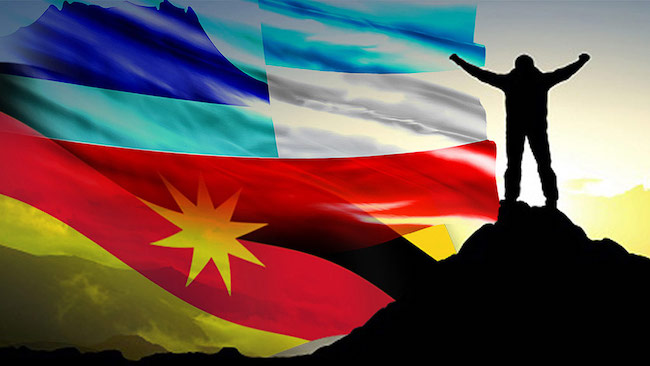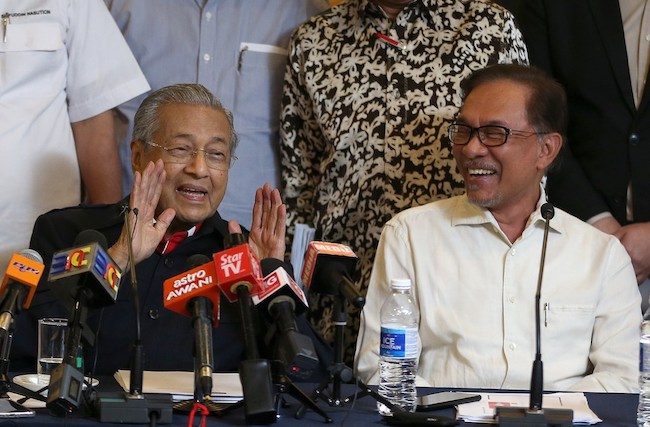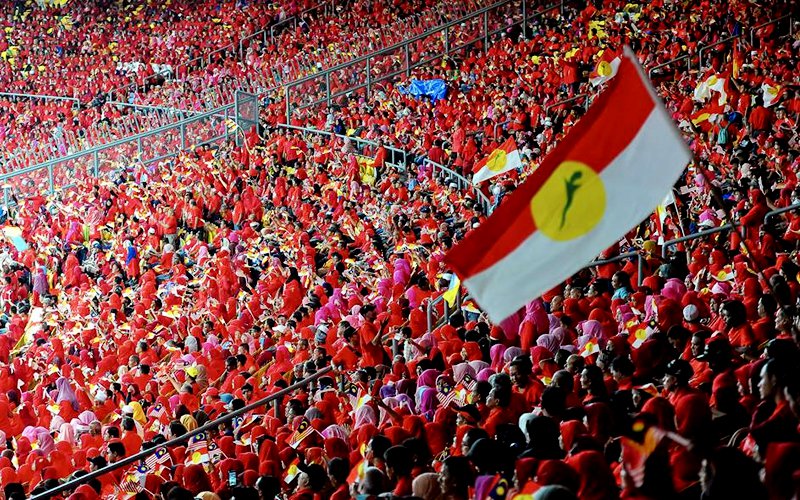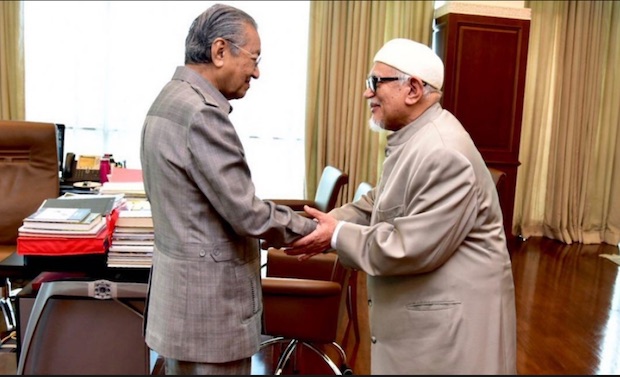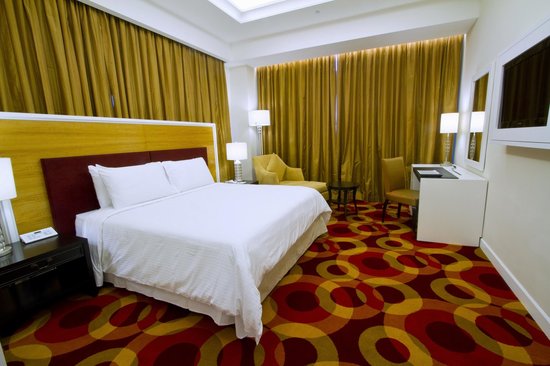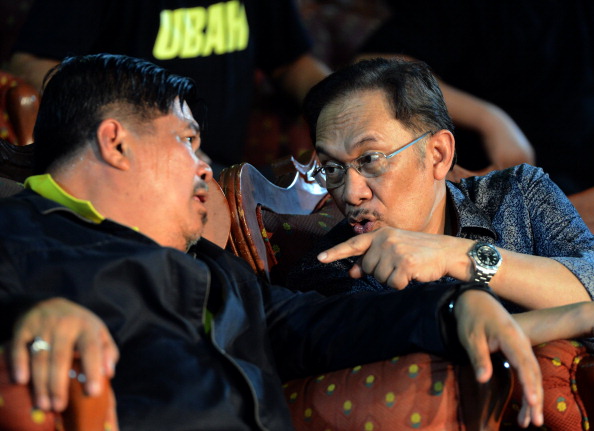Sunday, 10 January 2016
Dear Tony: This is not your father's land
I really wanted to tell you "This is govt land and not your father's land" - exactly what Lim Guan Eng recently scolded the Chew Jetty residents in Penang, but I shall refrain since it is rude for non-Tokong class people to say such things.
But it is a nice phrase so I shall keep it as the blog post title
Tony Pua is good at misleading his followers with hyperbole, hypocrisy and selective facts. He is doing what he is doing best - to mislead those followers of his who placed their blind trust in Tony allowing him to easily dupe them.
Let me pick-apart Tony Pua's latest attack on 1MDB titled "Only the financially illiterate will believe that there is no bailout for 1MDB"
His allegations in Red italics, My reply is in Blue:
TONY: In an interview with The Edge this week, 1MDB President Arul Kanda boasted that 1MDB was not bailed out by the government like in the cases of national carrier Malaysian Airline System Bhd (MAS), or national carmaker Proton.
In the case of MAS, the bailout already cost upwards of RM20 billion of losses - money that will never be recovered and it is still not over yet as we embark on yet another bail-out run which started from Tun Mahathir's ill-advised decision to privatized to his crony and bail him out at double the market price.
In the case of Proton, the company was built on the backs of the Rakyat suffering from high car prices due to high duties and taxes. Besides the human lives costs that was incurred if Malaysian had been able to afford safer cars in the past, it is estimated the actual losses from the Rakyat in terms of financial costs is estimated at upwards of RM300 billion - not inclusive of higher interest charges arising from financing a higher amount than necessary.
Again, this is money that will never be recovered.
Now what Proton's sales have plummeted in recent years due to stronger competition from cheaper car prices as a result of Najib's policies, Proton is now needing free money from the government - up to RM2 billion, which Najib has so far refused to give despite Mahathir being made the Chairman in April 2014.
In 1MDB's case, other than guarantees and a higher than normal return from land profits, not a single sen of Rakyat's money was used in any bail-out of 1MDB.
Only a politician who is willing to deceive himself and deceive the rakyat would even dare say that 1MDB is worse than MAS or Proton.
In fact, after these 3 major rounds of rationalization, 1MDB is left with an estimated asset value (net of debts) of RM13 billion which is poised to grow further.

You are free to dispute these hard numbers here.
TONY: He claims, “now that we have legally binding agreements for the IPIC swap, Edra sale and Bandar Malaysia, we don’t need to take any money from the government. There is no question about a bailout.”
Arul Kanda perhaps has been a little too quick to forget that the Najib administration granted RM950 million of emergency credit to 1MDB in February last year, despite having promised the Parliament that the Government would not bailout 1MDB.
Then a month later, the Government provided 1MDB with another “letter of support” to borrow another US$150 million (RM650 million) from Bank Exim.
I am not quite sure how you would term letter of support and a line of credit as a bail-out. These are financial assistance for sure - unless you forgot that 1MDB has always been 100% owned by the government and that the total actual cash investment by the govt in 1MDB is only RM1 million.
Letters of support is necessary to allow 1MDB to borrow at the best rates. In fact, such letters of support were also used for all those infrastructure projects you see such as the MRT and LRT extensions. It is normal for the govt to help out their own 100% owned companies (which are essentially part of govt too) to reduce borrowing costs.
Lines of credit and loans received using support letters have to be repaid. In the case of the RM950m and USD150m lines of credit, both can already be repaid - if not already done so by 1MDB already.
Not an additional sen of hard cash from your GST money or from govt finances was given to 1MDB to repay these loans.
Then in last August, Tenaga Nasional (TNB) took over a 2,000MW power plant concession from 1MDB which the latter failed to deliver, after the Government allowed TNB to revise upwards the electricity tariffs to be paid for power supplied by the new plant.
This is the part that I find most shameful. Because of continuous attacks by you and Tun Mahathir, TNB was asked to take-over the 2000MW Jimah East power-plant projects as 1MDB was unable to get loans to finance the project nor able to get injections of capital from the govt to continue with it.
1MDB had spent RM83.68mil on developing this project and Tenaga took it over for a mere RM46.98mil. - causing a loss to 1MDB.
If 1MDB had been able to finance this project, it would certainly be worth much more than a mere RM46.98mil for a 2000MW IPP project which 1MDB won fair and square against YTL in an open tender.
And to add insult to injury, TNB also requested and got an upward revision of tariff as TNB believed they could not make money as the tariff awarded to 1MDB was too low.
I AM GLAD YOU ADMIT THIS NOW AND I HOPE YOU HOLD UP YOUR HANDS AND TAKE RESPONSIBILITY FOR BEING PART OF THIS.
The final tariff for this 25 years concession to TNB will be 26.67 sen/kwh which is 1.34 sen higher than the initial tariff of 25.33 sen/kwh awarded to 1MDB.
I estimate this increase to eventually cost the rakyat a total of RM8.6 billion - all thanks to the political attacks on 1MDB.
Would you be compensating any of this RM8.6b loss to the rakyat?
And if 1MDB had given in to your rants in early 2013 (USD1=RM2.96) to bring back the USD2.31 billion Cayman funds (which forms part of the IPIC-1MDB asset-debt swap) to Malaysia, today (USD1=RM4.33) 1MDB would have been looking at a forex loss of up to RM3.2 billion too.
Would you also be compensating for that potential loss?
For its entire existence, 1MDB's energy division was always the lowest qualified bidder for each new and every new or renewal power purchase agreements. 1MDB wanted to make less money so that the Rakyat does not have to pay more.
There is no doubt that 1MDB has transformed the Malaysian IPP industry since they entered this area in later 2011 and until its exit - in the process, saving billions of ringgit each year for the govt.
The subsidized gas price (RM/mmBTU)_for electricity generation from Petronas went up from RM10.70 in 2010 to RM18.20 to 2016, a 70% increase. The market price is above RM40.
Traditionally, about 60% of Malaysia's electricity generation is from gas.
For the first time in history, Malaysia had an open tender for PPA in Sept 2012. 1MDB was able to participate in this due to its entry into the industry in late 2011.
In Oct 2012, Maybank Investment bank commented that this PPA open tender resulted in the end of IPP "sweetheart deal" where the IRR have dropped to mid single digits.
A tariff difference by even a single sen makes a huge difference over a 20-year concession period, for one IPP plant a single sen difference can reduce tariff costs by RM2.9 billion.
These savings from better IPP deals have gone to reduced gas subsidies and increased gas revenues (in the billions per year) for Petronas without a similarly high increase in electricity prices.
There is little doubt that 1MDB had helped shake up the IPP industry with it's aggressive bidding in the first ever open tender for PPA in 2012 and also subsequent IPP bids where 1MDB was always the lowest qualified bidder for every IPP project it went into.
These savings from paying the previously very lucrative IPPs were then channeled into higher revenues for Petronas and eventually to the government instead of to the profits of the IPP private owners.
The Life-Line Tariff for consumers who use up to 200 kWh/month affecting 70% of households have not changed since 1997. It is also GST-free.
Any change in your electricity bill is probably because you use much more electricity compared to before.
From the year 2010 onward, households with electricity bills below RM20 no longer pay a single cent. This benefit is still on-going.
Those are the facts.
--
Pro-Rakyat (the group formerly known as Pro-Tun M) and Pakatan people will keep asking "Who you sell the IPPs to?"
They will not ask who you buy the IPPs from?
To all ordinary Malaysians, I think it is better that foreigners own the IPPs but with much lower power tariffs than it is for local cronies to own the IPPs with much higher tariffs.
TONY: How can Arul Kanda say with a straight face that there hasn’t been a bailout?
In fact, even his argument that 1MDB did “not take any money from the government” because 1MDB has “legally binding agreements” with IPIC for the debt-asset swap, the Edra sale and Bandar Malaysia is glaringly flawed.
The projected RM18 billion debt-asset swap with IPIC hasn’t been completed and there is no certainty that 1MDB would be able to cough out RM18 billion of assets to swap the equivalent amount of debt with IPIC by June 2016.
In fact, the debt-asset swap agreement signed in June 2015 was only possible because the Ministry of Finance indemnified IPIC of any losses. In effect, the Government has provided an indirect guarantee to IPIC to bail out 1MDB – if 1MDB fails to fulfil its part of the obligations, the Malaysian tax-payers will have to fork out cash to compensate IPIC. Will that not be a bailout?
First of all, how does Tony Pua know that 1MDB does not have the financial assets to complete this swap deal?
In fact, in your PAC inquiry of 1MDB, the largest auditing firm in the world clearly told you that they stand by their valuation of 1MDB's financial assets.
“Deloitte told us that they have seen the bank statements pertaining to the RM13.4bil of assets in BSI Bank. They can verify the value of the assets in question as they did a test on whether the assets were at fair value at that point in time for FY14,” PAC chairman Datuk Nur Jazlan said at a press conference after the inquiry.
“As of March 31, 2014, Deloitte said they had gotten independent valuation of these assets of RM13.4bil and the valuations tallied. Deloitte had not done any work for FY15, as they only did it up to March 31, 2014,” PAC member Tony Pua, who was also present, said.
And here is where you neglected to mention the "vice-versa" term and that this is a standard contract term - all in the hopes of misleading your follower:
"YB Tony Pua has deliberately misled the public by failing to mention the crucial 'and vice versa' clause in relation to the 'indemnity', i.e. the indemnity applies both ways – to IPIC as well as 1MDB – in relation to performance of obligations by the parties.
"Such a two-way indemnity is a standard clause in commercial transactions to ensure neither party is 'out of pocket' for non-performance by the other. 1MDB confirms that it fully intends to perform its obligations under the binding term sheet."
Absolutely disgraceful of you.
TONY: The Edra Global sale cannot, by any measure, be deemed a success because 1MDB suffered at least RM2.2 billion of losses on the investment. 1MDB acquired the power companies for RM12.1 billion and sold them for RM9.83 billion. If that is good business, then I’m not sure what Arul Kanda would describe as bad business.
This is the easiest of all to dispute. Edra bought for RM12.1b and sold it for RM9.83b 4 years later.
Don't tell me during these 4 years that there was NOT A SINGLE SEN in profit from Edra?
Of course there was, easily RM2.2billon worth. If there was no profit, no one would be paying billions to buy these assets off 1MDB.
Which is why, on top of helping transform the IPP industry as mentioned earlier, Arul Kanda clearly said that 1MDB essentially broke-even on Edra.
There is no need for Tony Pua to mislead on this. A clear examination of the Profit-and-loss statements of Edra over the past few years would clearly show this.
Unless of course Tony says that accountants and auditors cannot be trusted.
TONY: Furthermore, the sale of Bandar Malaysia at a massive profit only happened because the Federal Government sold the land to 1MDB at heavily discounted bargain basement prices. 1MDB bought the land parcels for RM1.6 billion in 2012, and recently sold 60% of the land for a purported RM7.41 billion despite not having laid a single brick on the land.
The money received from the sale should have gone into the national treasury to help the man-on-the-street cope with rising costs of living. Instead, it went to 1MDB to help 1MDB pay down its debts.
This Bandar Malaysia part was where I really really wanted to say "This is not your father's land", just like CM Lim Guan Eng - but I MUST resist.
Anyway, this is an amazing statement from Tony. Just six months ago in June 2015, Tony Pua had claimed very loudly that the govt's RM11b valuation for the Bandar Malaysia land was massively over inflated!
“We want to know if the second minister of finance was spewing gibberish and just plucked these new outlandish valuations out of thin air to present an optimistic picture of 1MDB.
“How were these new valuations arrived at? Or are there more sinister reasons why the values have been massively inflated?” asked Pua just 6 months ago.
Very strange. At that time Tony Pua said the valuation was massively over-inflated and now today he is questioning if the price paid by the 60% buyer via an international open tender is lower than announced.
What exactly do you want, Tony Pua? Price too high, you complain and scold others (giberrish, outlandish, pluck from thin air) . Price is lower you complain and scold others "boo hoo and liar".

There is no doubt that the Bandar Malaysia land sale price - which was entirely determined via open-tender based - is higher and had allowed 1MDB to make profits and completely pay off the RM42b debts.
1MDB had paid RM1.6 billion and also had to buy the land for, build and equip eight military bases as part of the sale price - it wasn't just cash alone.
But then again, there would be very few private companies in Malaysia willing to spend billions on this project, relocate the 8 military bases then and still not able to get vacant possession of the land for at least 5 years until the bases are completed and the Sg Besi airfield was relocated.
And remember that these are military bases so giving such a project to private companies would be a tricky defense situation.
Not to mention that 1MDB had to fund the interest costs for these 5 years and take-up the construction risk and delay risk too.
And while true, to say that 1MDB did not lay a single brick on this land is very misleading as 1MDB did work on the other 8 military bases where many bricks were laid - something that Tony failed to mention.
1MDB also had to spend money to design the development, make sure the HSR and MRT stations are properly situated and get development approval on top of any land conversion or legal costs attached to it.
And get this: 1MDB is a 100% govt company and is in fact ALLOWED to make money on projects such as these as it brings the vision of the project nearer to its vision.
Even today, 1MDB still owns 40% of the project and will reap returns way into the future - which the govt will be the beneficiary too.
Earlier, you and your colleague Liew Chin Tong had accused 1MDB of selling the country to the Chinese even though the China company's stake is only 24%.
I then asked DAP why then wasn't the 100% ownership sale of 20 acres of Penang land and also a 49% stake sale of a RM11b GDV penang project to Singapore's Temasek by the Penang State Govt's 100%-owned Penang Development Corp company was not similarly called selling the country by you people and you had all kept quiet about it.
And now, Lim Guan Eng had just confirmed my accusations but said although the land was sold at cost price, it was necessary to draw foreign investments and create jobs (as if the Bandar Malaysia project doesn't draw foreign investments or create jobs - it does too).
Perhaps then you could also help me ask these questions to your DAP boss if you are truly for the Rakyat :
1) How much did PDC pay the Penang State Govt to buy the 20 acres of land sold to Jebel and for the 6.8 acres of land for the Temasek project?
2) How much money did PDC receive from Temasek in order to give Temasek a 49% ownership of the land?
3) Was the valuation and sale price of these pieces of land determined via international open tender - just like how the Bandar Malaysia valuation was determined? Why did you have to sell it at "cost price"?
TONY: Indeed, President Arul Kanda might be right that 1MDB was not bailed out by the government like in the cases of national carrier Malaysian Airline System Bhd (MAS) or national carmaker Proton. 1MDB’s case is far worse, far bigger as it involves tens of billions of ringgit, far more devious, and much more opaque.
Only the financially illiterate would believe Arul Kanda or any of the Cabinet Ministers that rescuing 1MDB did not involve taking money from the tax-payers.
As can be seen from my explanations above which clearly busted all your accusations, I put it to you that only the knowledge-impaired and naive DAP leaders and supporters would believe Tony Pua's continued attacks on 1MDB.
And only a politician with a personal agenda wishing to mislead others would write what you wrote today.
I strongly believe you are not happy that 1MDB's RM42b debt has been solved. But live with it as it is now reality.
Arul and PM Najib had delivered on their promise and your current attacks now are really looking like a whole bunch of sour grapes that were probably grown on the top floor of Penang Komtar.
PS. By the way YB Tony, shouldn't you be spending more time to prepare to defend your defamation suit by PM Najib over your 1MDB allegations instead of throwing out even more allegations?
The next hearing is just 8 days away on Jan 18th, 2016 where you strangely want to strike out the defamation case instead of taking this opportunity to "grill" Najib in court over 1MDB?

Lim Sian See at 01:11

![]()

